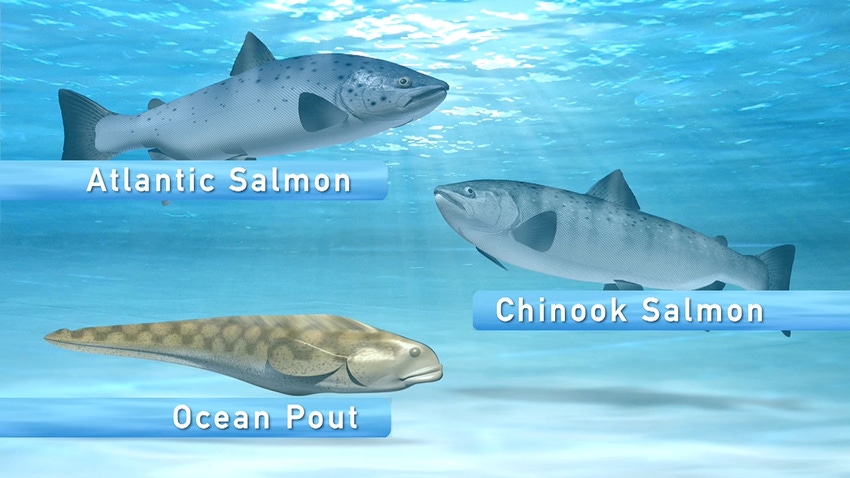Focus of decision was on potential environmental impacts, although judge confirmed low threat to environment.

The U.S. District Court for the Northern District of California ruled that the Food & Drug Administration violated core environmental laws in approving the genetically engineered (GE) salmon.
The court ruled that FDA ignored the environmental consequences of approving GE salmon and the full extent of plans to grow and commercialize the salmon in the U.S. and around the world, violating the National Environmental Policy Act.
The court also ruled that FDA’s unilateral decision that GE salmon could have no possible effect on highly endangered, wild Atlantic salmon was wrong, in violation of the Endangered Species Act. The court ordered FDA to go back to the drawing board, and FDA must now thoroughly analyze the environmental consequences of an escape of GE salmon into the wild.
Represented by Center for Food Safety and Earthjustice, plaintiffs in the case include: Institute for Fisheries Resources, Pacific Coast Federation of Fishermen’s Associations, Cascadia Wildlands, Center for Biological Diversity, Center for Food Safety, Ecology Action Centre, Food & Water Watch, Friends of the Earth, Friends of Merrymeeting Bay, Golden Gate Salmon Assn. and Quinault Indian Nation.
Food & Water Watch senior staff attorney Tarah Heinzen stated: “Genetically engineered animals not only threaten to further industrialize our corporate food system but also threaten ocean ecosystems. Today’s victory will stop FDA from green-lighting such dangerous technologies without fully considering their environmental risks.”
Sylvia A. Wulf, president and chief executive officer of AquaBounty, maker of the GE salmon, stated: “While we were disappointed with some of the conclusions reached in the judge’s decision regarding the environmental assessment conducted by the U.S. Food & Drug Administration, we remain confident in the robust scientific studies and review that resulted in the 2015 FDA approval.”
Wulf noted that this case did not call into question FDA’s approval regarding the health and safety of AquAdvantage salmon. “The focus of this decision was on the potential environmental impacts, and the judge confirmed the ‘low’ threat to the environment of our salmon,” she said.
Wulf added that this decision will not have an impact on the company’s ongoing operations in Prince Edward Island in Canada to produce eggs or raise and sell AquAdvantage salmon from its farm in Indiana. “We are committed to working with FDA on next steps and continue to evaluate the legal decision,” Wulf said.
“AquaBounty is excited about the future and takes seriously the unwavering leadership that is required to offer a safe, secure and sustainable source of Atlantic salmon that is raised right here in the U.S. heartland for U.S. consumers. The future of our domestic and global food supply will depend on innovation and technology, and AquaBounty remains steadfast in our commitment to leading that charge,” she added.
About the Author(s)
You May Also Like



.png?width=300&auto=webp&quality=80&disable=upscale)

